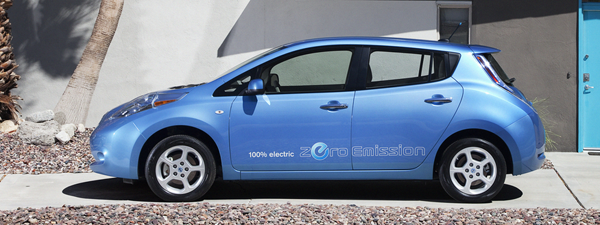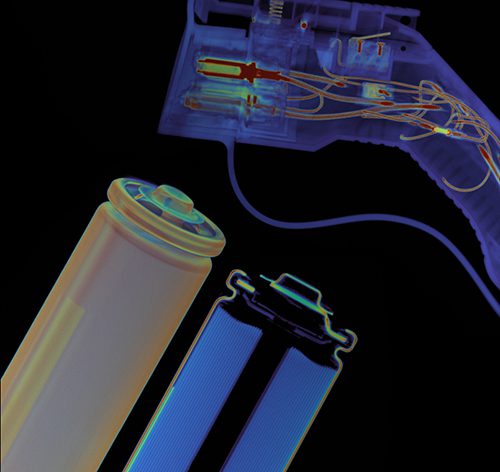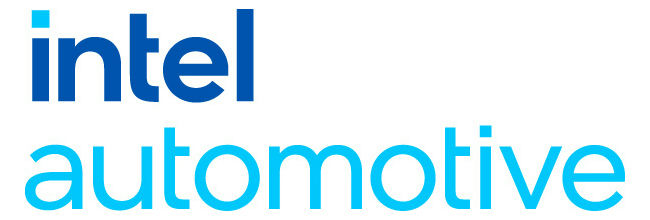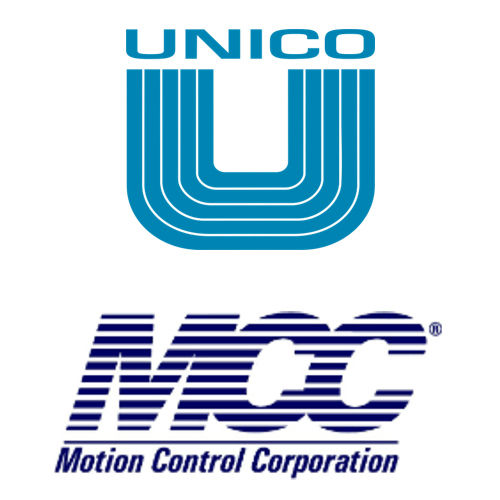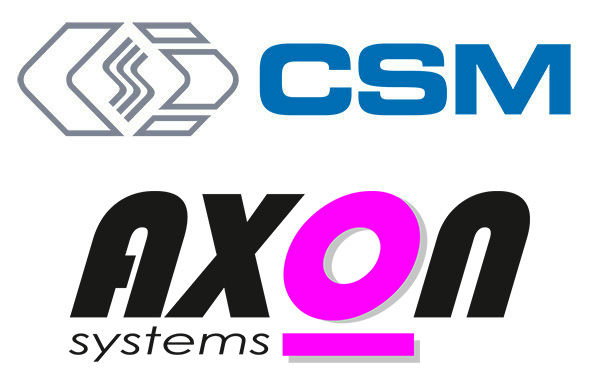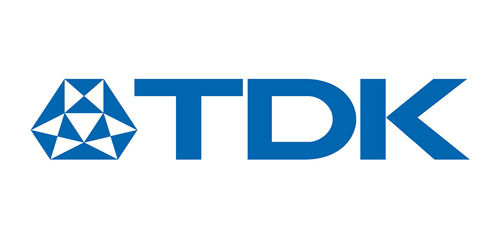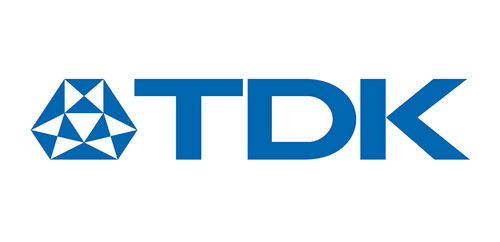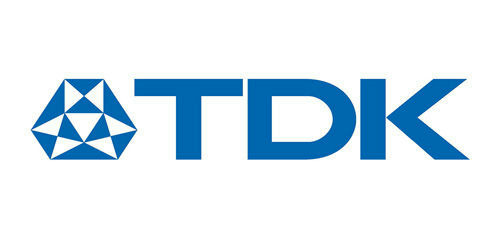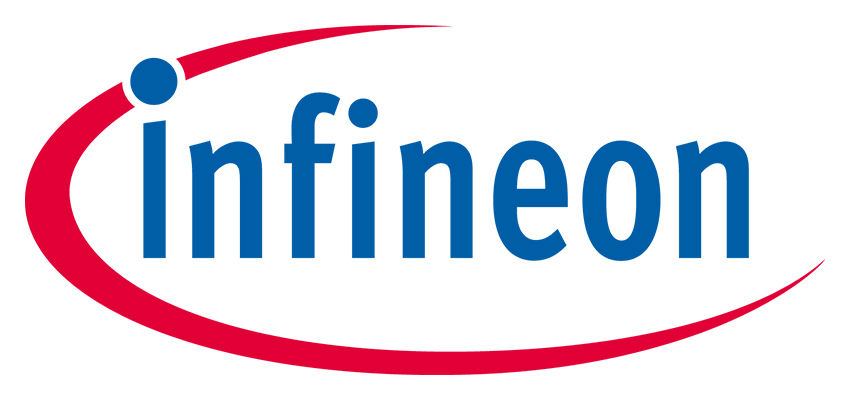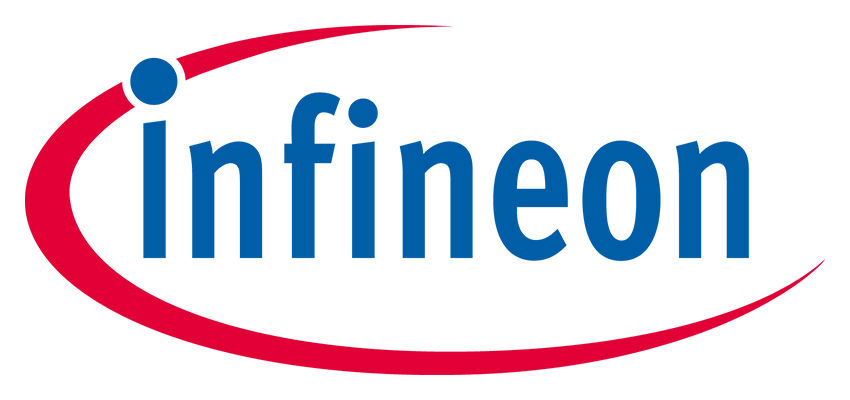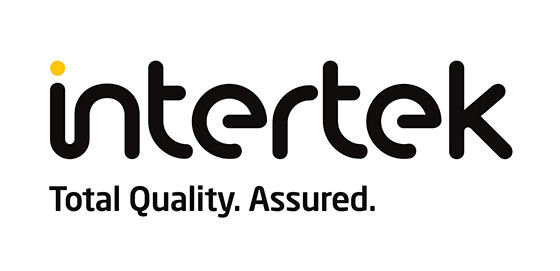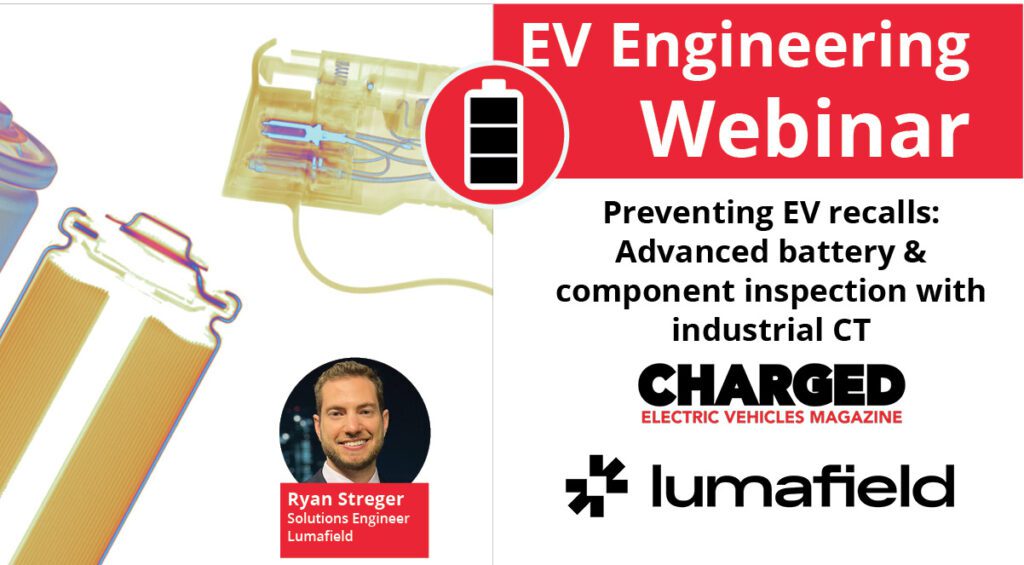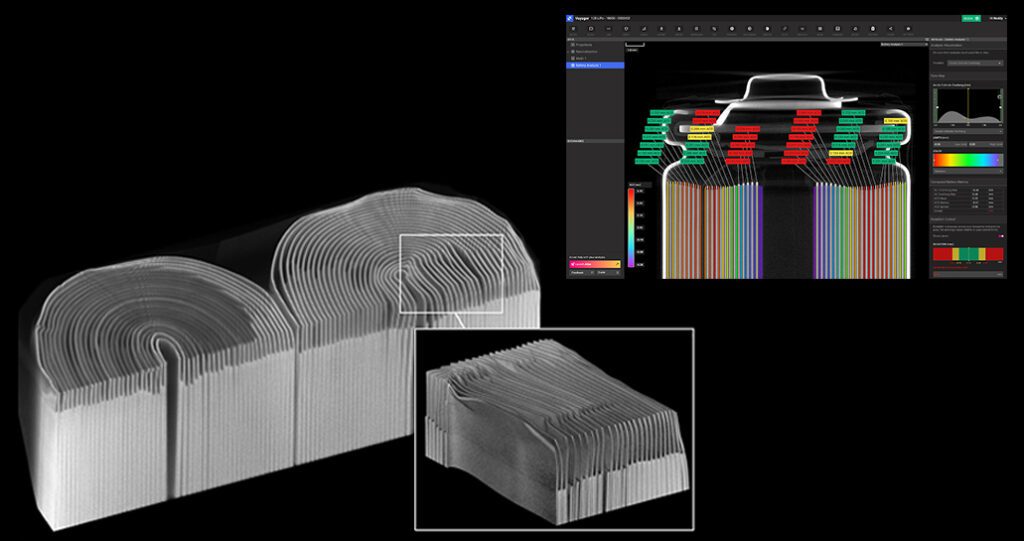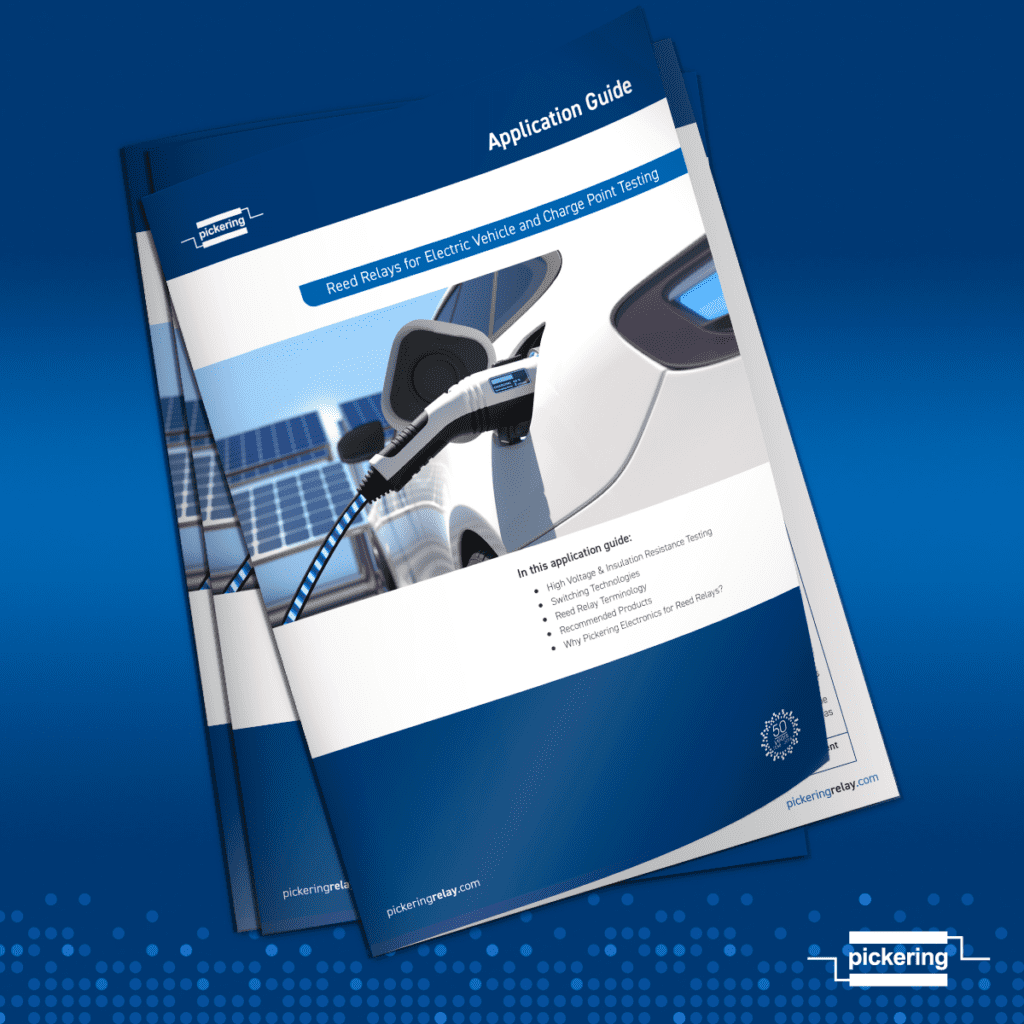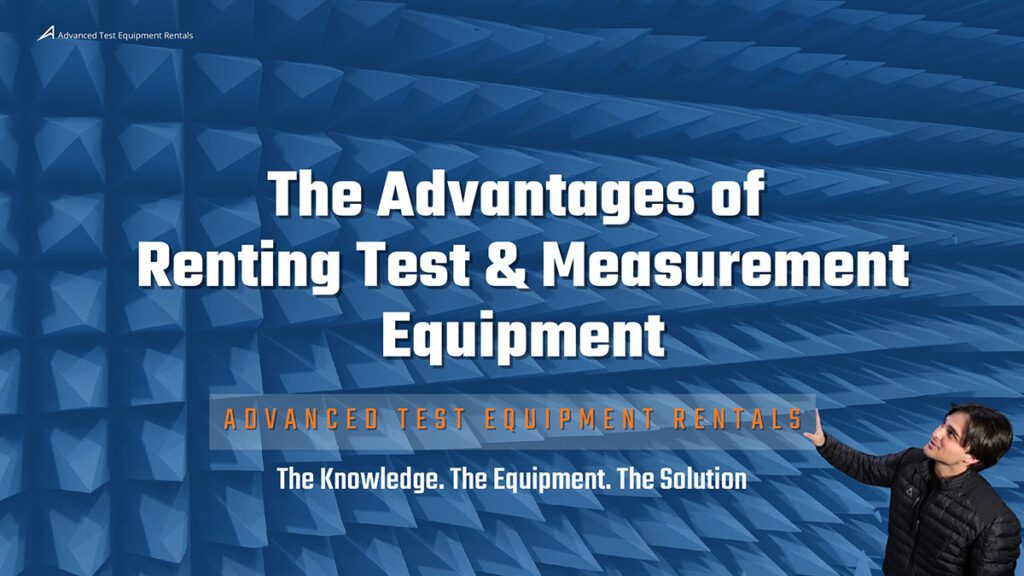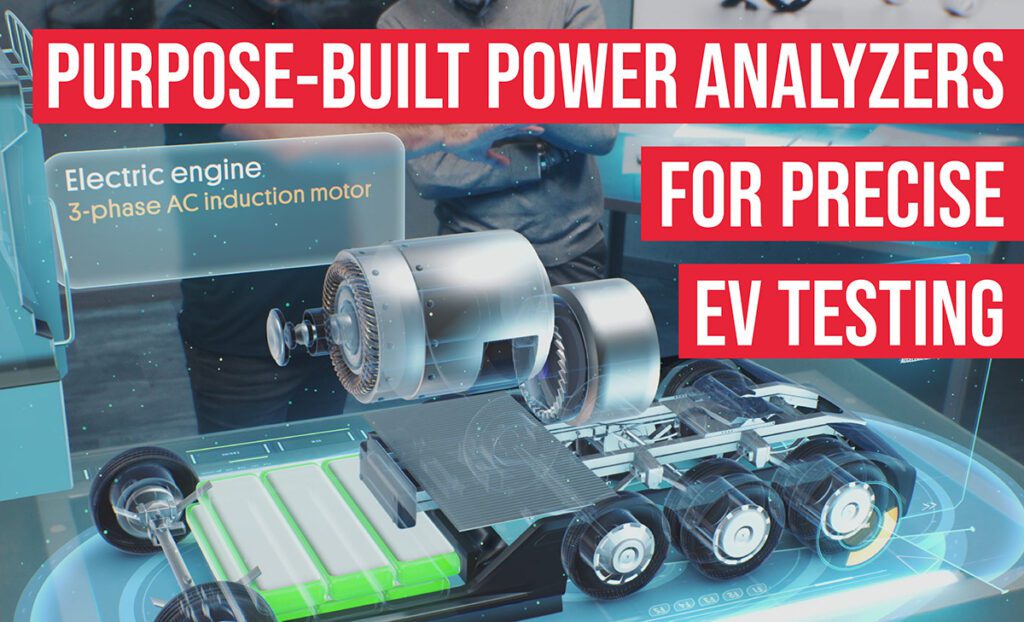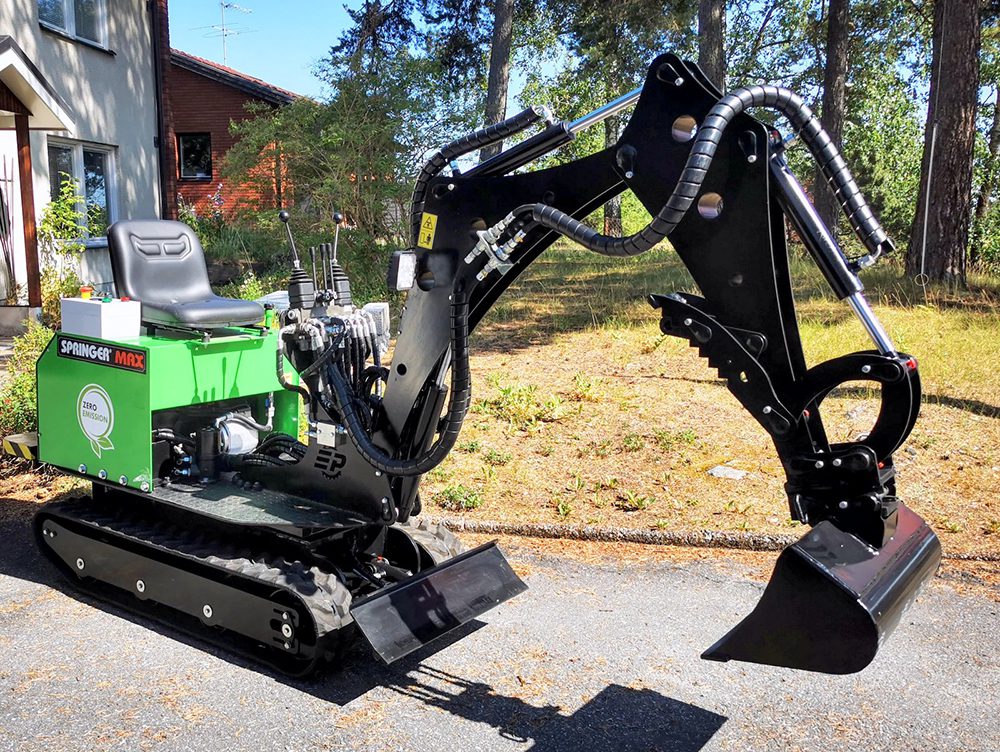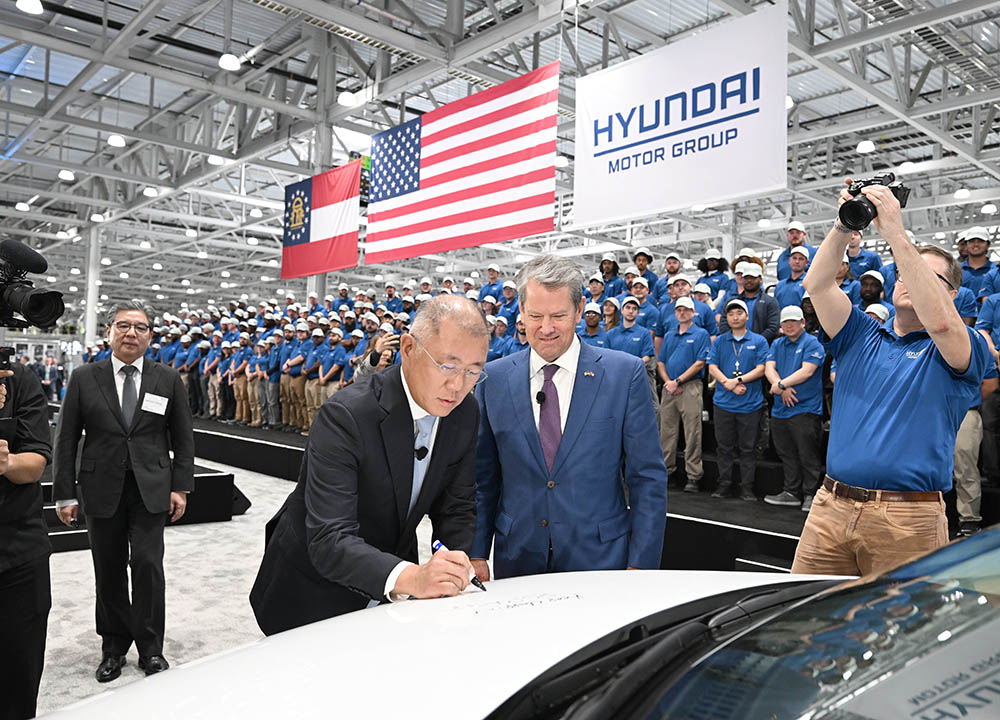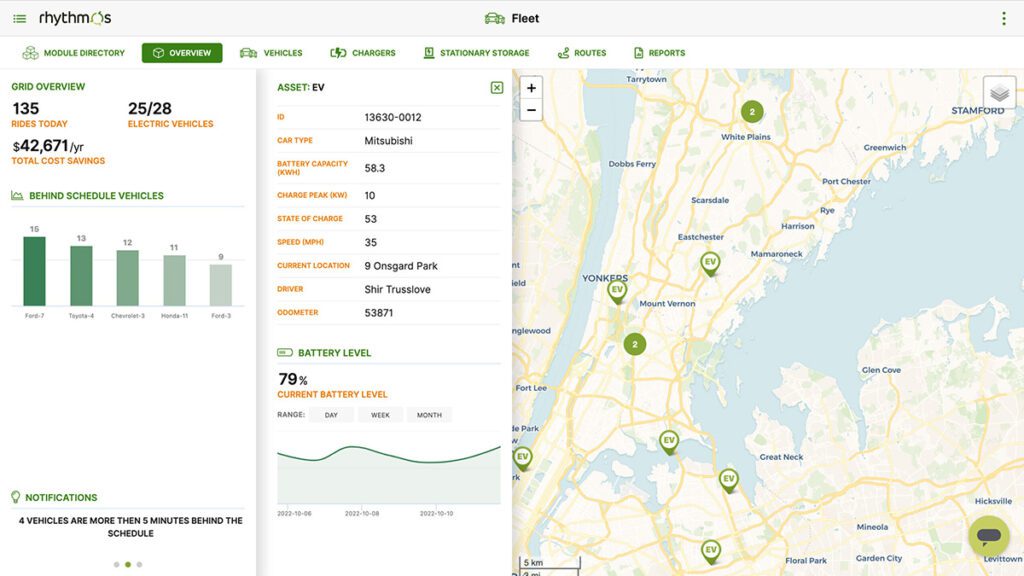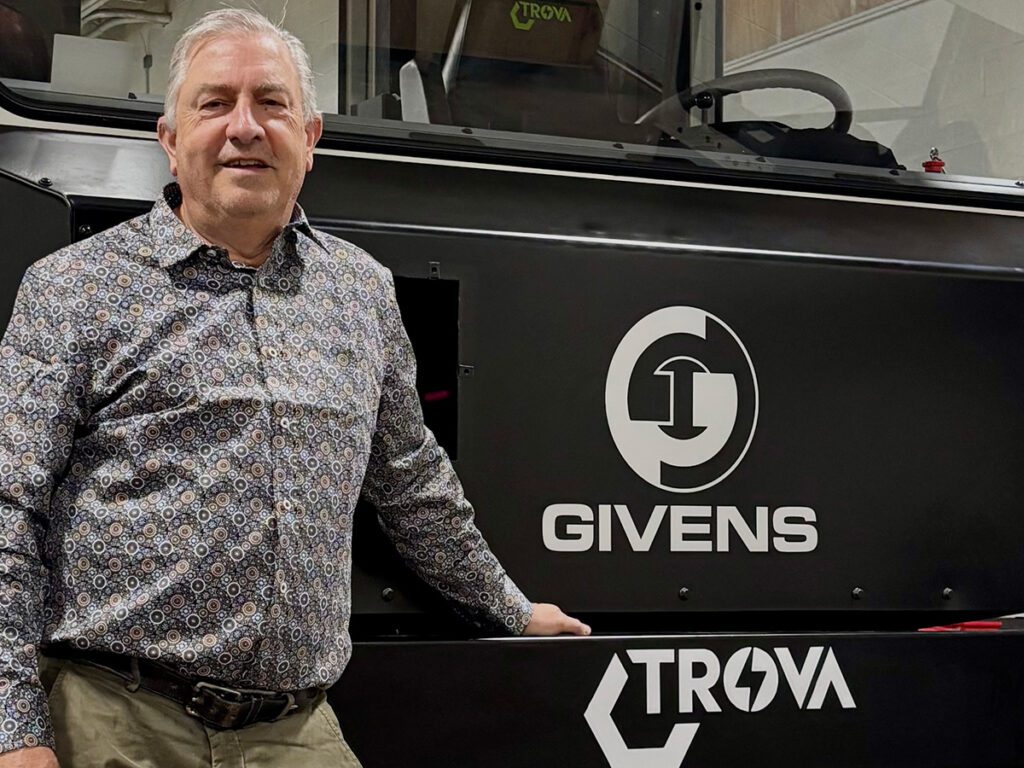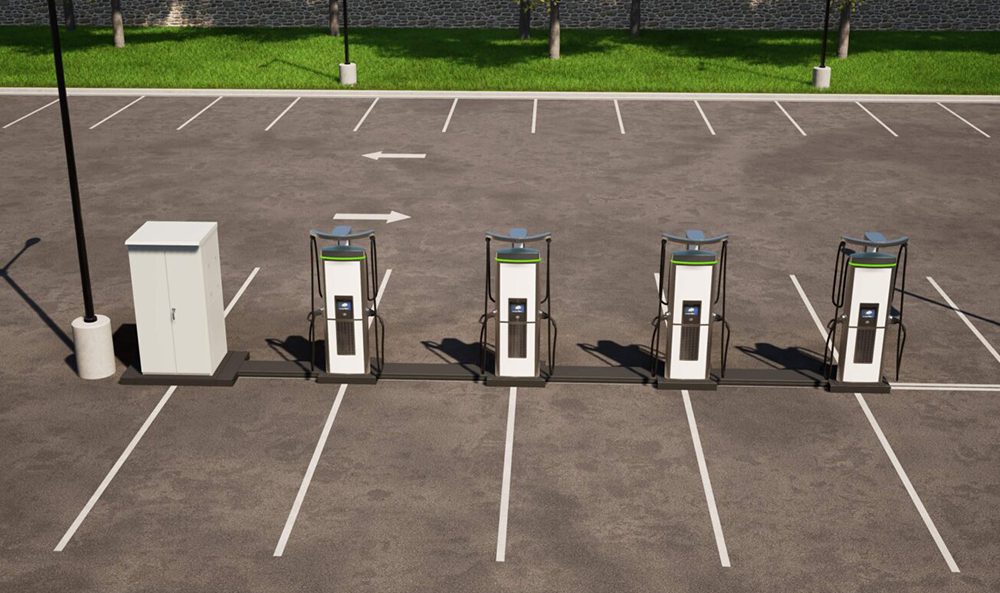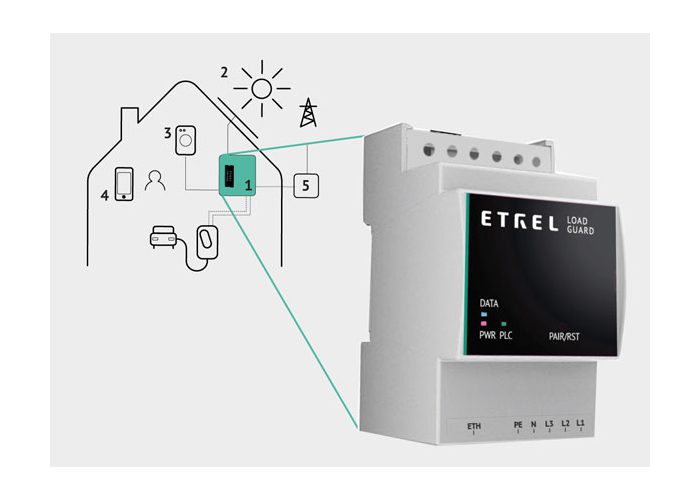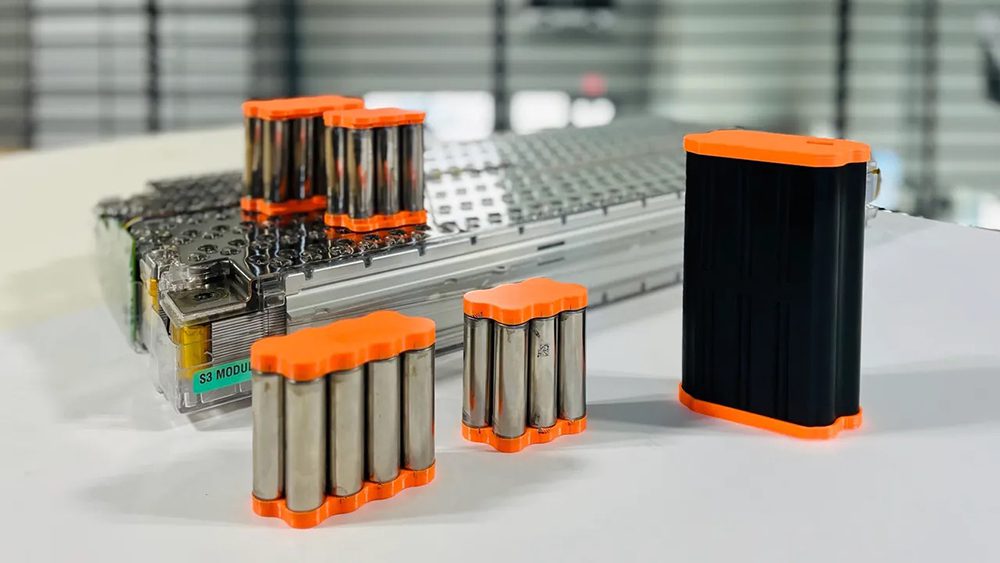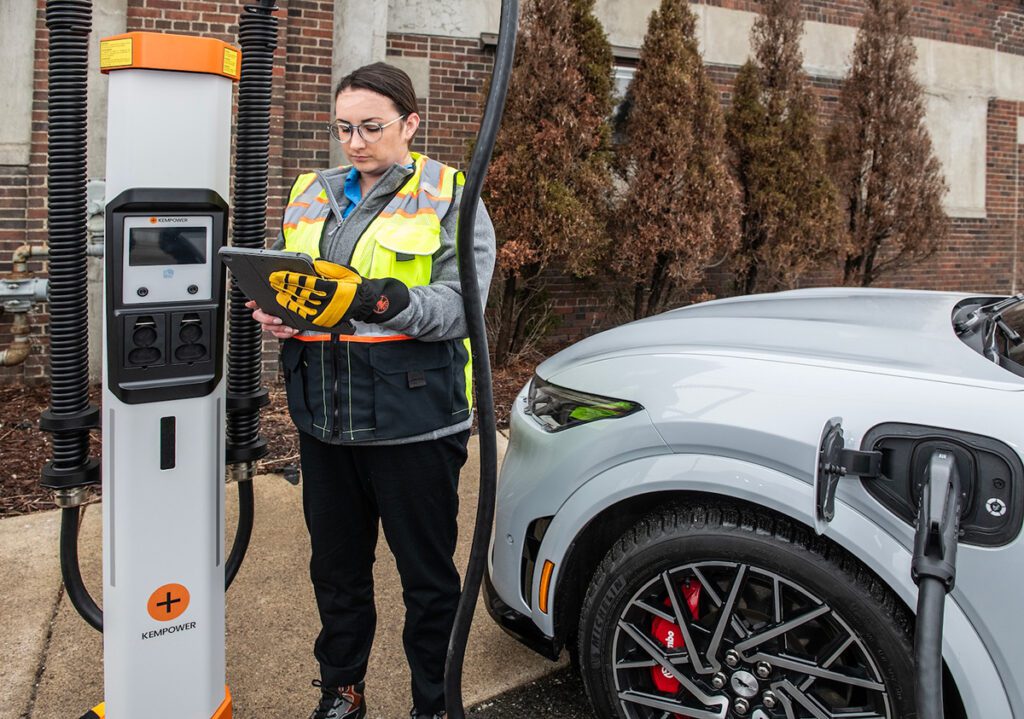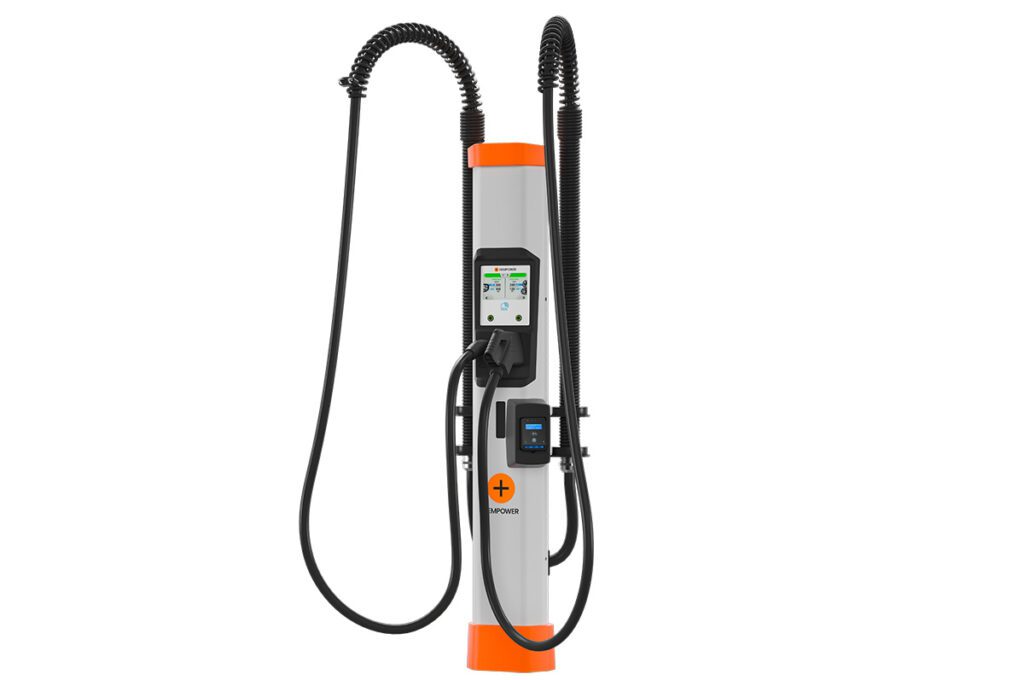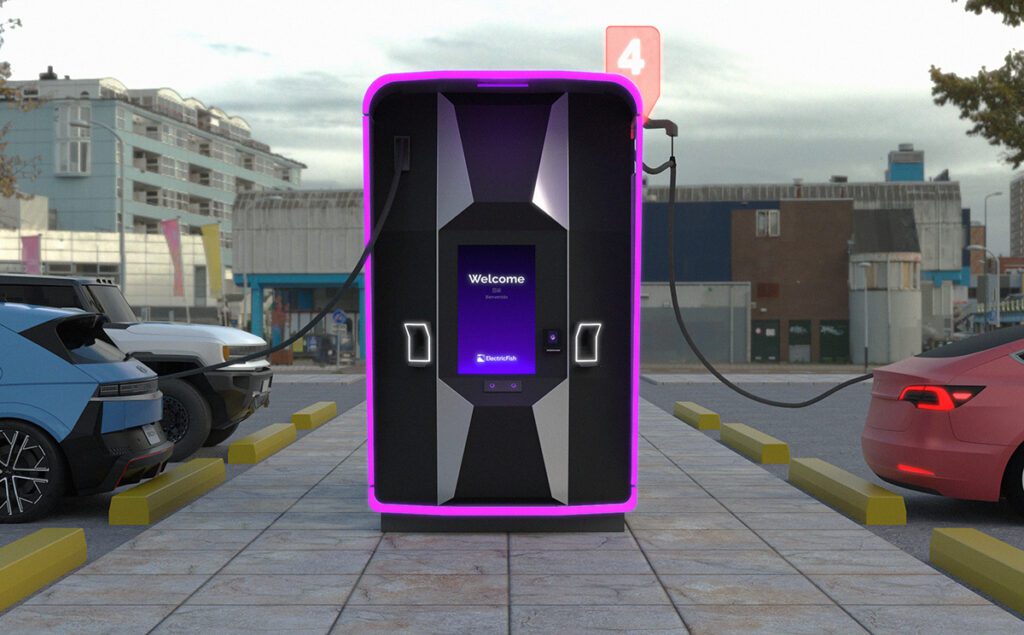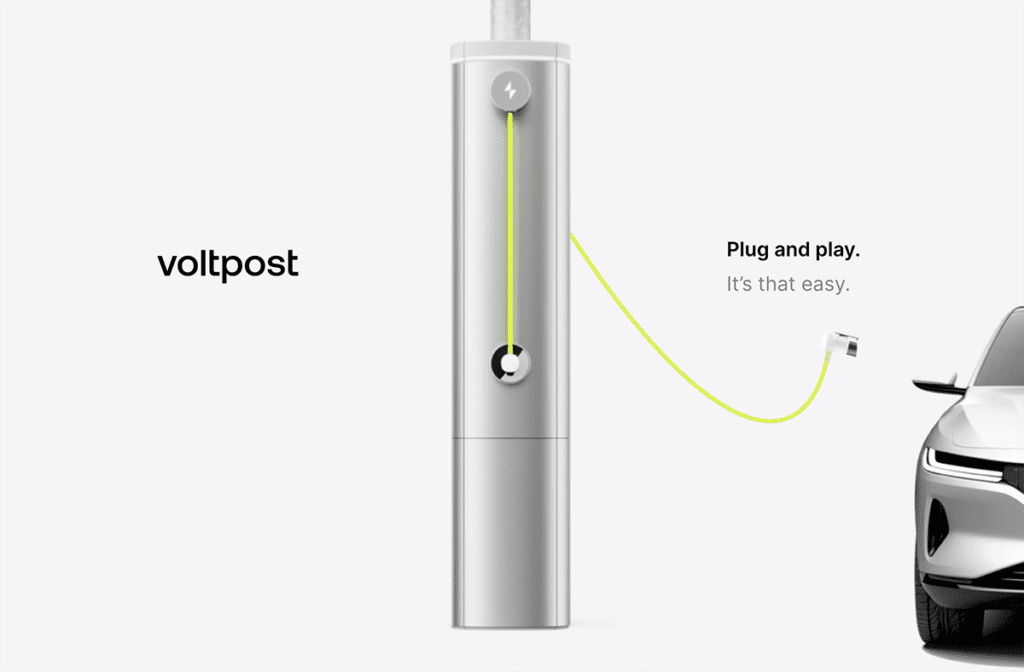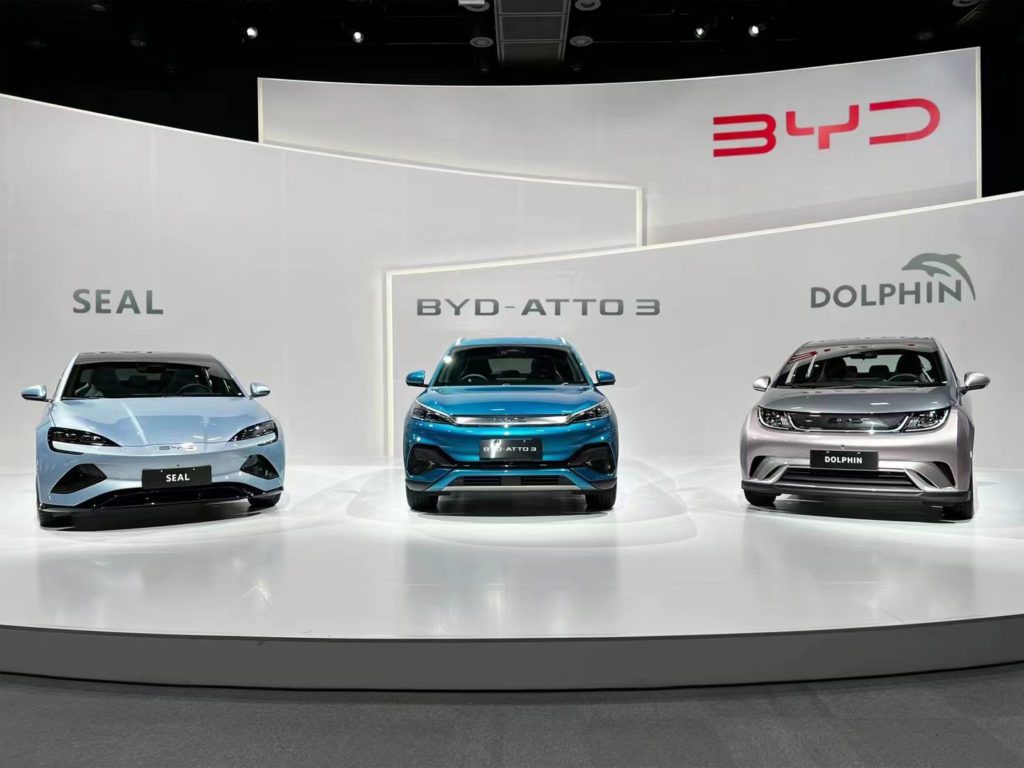Nissan announced that, “as a good will gesture,” it has bought two LEAFs back from Arizona owners, using a formula in the state’s “lemon law.” Apparently, the battery brouhaha that started back in May did not end with Nissan’s statement last week, in which the company acknowledged that the LEAF’s batteries may wear out faster in hot weather, but found that they aren’t defective, and are performing as expected. Judging by the lively discussion on the My Nissan Leaf forum, more goodwill may be required before lemonade is ready to serve.
Nissan works hard to satisfy individual customers when they express unhappiness with their ownership experience. Based on internal data, LEAF customers are some of Nissan’s most satisfied worldwide. However, in Phoenix, a small handful of Nissan LEAF customers have complained of gradual battery capacity loss, which is a normal occurrence in battery electric vehicles, is expressly excluded under the vehicle’s warranty and can be impacted by extreme heat, high speed, high mileage and charging method and frequency. In the interest of customer satisfaction, Nissan has recently repurchased two customer vehicles as a good will gesture. The company’s investigation has determined that there is no defect with the Nissan LEAF, but we did use a buyback formula modeled on an Arizona state repurchase law, given its established criteria. The Arizona state repurchase law was only used for formula guidance in determining appropriate terms and conditions of the repurchase, including calculation of the repurchase amount.Also, keep in mind that the customer concerns in Phoenix are from a very small handful of LEAF owners in the context of our worldwide population of vehicles. We have sold more than 38,000 LEAFs worldwide to date, with more than 14,000 of those in the United States. In Phoenix, we have sold approximately 450 vehicles, with the majority of those to very satisfied owners. In fact, worldwide LEAF customers are some of Nissan’s most satisfied. It’s important that this perceived issue is placed in context. We are not happy that we have any customers with concerns and we’re working hard to improve our customer communications to better meet their expectations.




